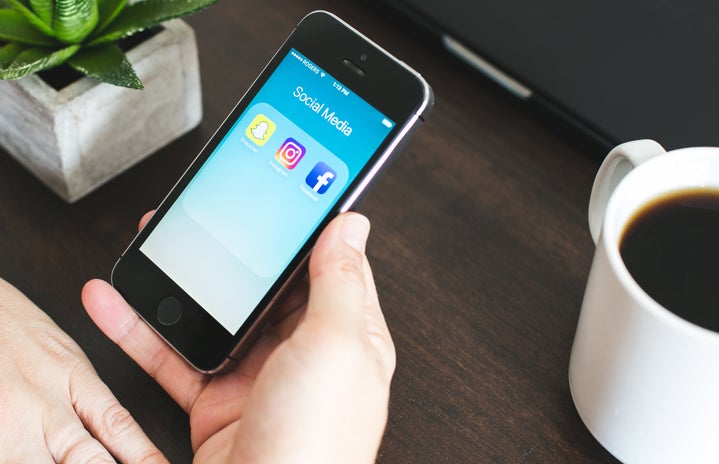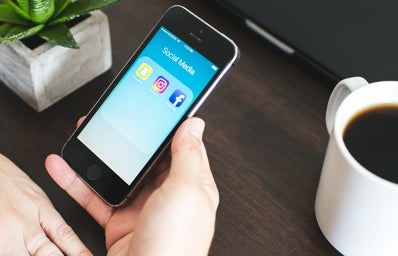It is undeniable in the contemporary age that our life quite literally revolves around our online presence. From entertainment through streaming platforms, to even job opportunities through websites like linkedin etc. to various kinds of online games, to the development of virtual realities, simulations and AI. Technology has been prevalent in the conversation of the 21st Century, and thus addressing both how it may have helped improve our lives or distanced us from our own lives is worth addressing.
We’ve all heard stories about the ‘good old days.’ Yes, those days when cell phones and laptops did not exist and when people actually went out to converse with one another. Well, those Stories actually show how much we, Generation Z, have become reliant on our technological devices. I mean, can you imagine going without your phone for one day? It is unthinkable for most of us as our lives are contained within and revolve around cellular devices! From our notes, to our videos, to our text conversations with friends and family: we put our whole lives into our phones. and so on.
So, amidst this technological world, one thing that we are all admittedly hooked onto is social media. Billions of people around the world use it today. But, why? Why do we need to scroll through Instagram instead of taking a walk in the park? What impact does this have on Gen Z?
Firstly, with the advent of technological innovations, it is natural for the Gen Z to feel a sense of excitement from getting to chat with their Cousins in Australia and America while they sit on their couch in Kolkata. It is natural for them to feel liberated and empowered to share their content with the world and to meet people from all around the globe. Really, the possibilities social media has to offer are endless; they attract the Gen Z.
Secondly, social media has also created new career opportunities, which were unthinkable in past generations, like Youtubers and Instagram Influencers.
Thirdly, the hyperconnectivity of social media has led to a greater exposure and has given Gen Z a much wider audience to show their talents. Marketing skills have changed too: they are now more digitized! Now a TikTok may be more effective to sell products than flyers or an advertisement in the Newspaper.
Despite the glaring benefits, there are also some ways social media has damaged our routines and essence of what it means to be ‘human’ in some ways.
The first lies in the question I asked: that a teenager would rather scroll through Instagram than take a walk in the park. This leaves them in a virtual world and they do not experience real life–playing in the park, dancing in the rain, and staring at the stars at night. Their eyes are always fixated on that trap of a website that they cannot stop scrolling from. In the words of Roald Dahl, “they stare and stare and stare until their eyes pop out!”
Secondly, the bond that Gen Z shares with family and friends is not as strong as there is no face-to-face interaction. They aren’t meeting their friends in person; hence, the connection is not as close. While it is entirely possible for them to cultivate close relations with families still, it can turn out to be a difficult advent because of the dependence on a digitized world and the need for hyperconnectivity. It can reduce the strength of those familial bonds because people are just busy networking or connecting to grow both personally and professionally.
Thirdly, social media also brings in a plethora of hate, which can be hurtful and disturbing, particularly for young children and teenagers who associate their self esteem with the profiles they create on social media. The mean comments can be demoralizing and can lead to depression. A study in Pew Research Centre in 2014 found that 22% internet users have been victims of online harassment which is one of every five users and these statistics are staggering.
So, social media, like anything else, has its pros and cons. It’s important for us to understand how we can use social media in a way to empower the Gen Z and make them more efficient rather than making them less engaged. The world is changing and will continue to change but we must realize how to work through that change. After all, since no one could not go out during the pandemic, it was social media that kept everyone in touch with their friends and family. It was through Whatsapp voice calls and Snapchat filters that we remained connected with our network of loved ones and beyond. So, finding ways to maximize the positive effects of social media. I will let Susan Cooper, author of many Children’s book and a really famous book, “The Dark is Rising” have the last say on this topic,
“Engage, enlighten, encourage and especially…just be yourself! Social media is a community effort, everyone is an asset.”


